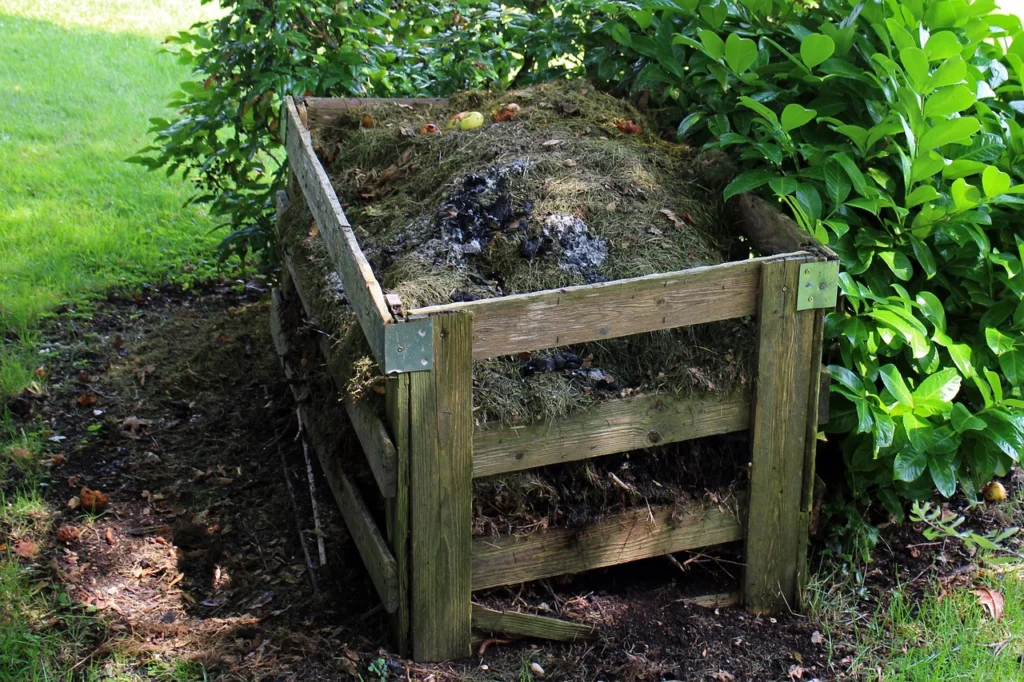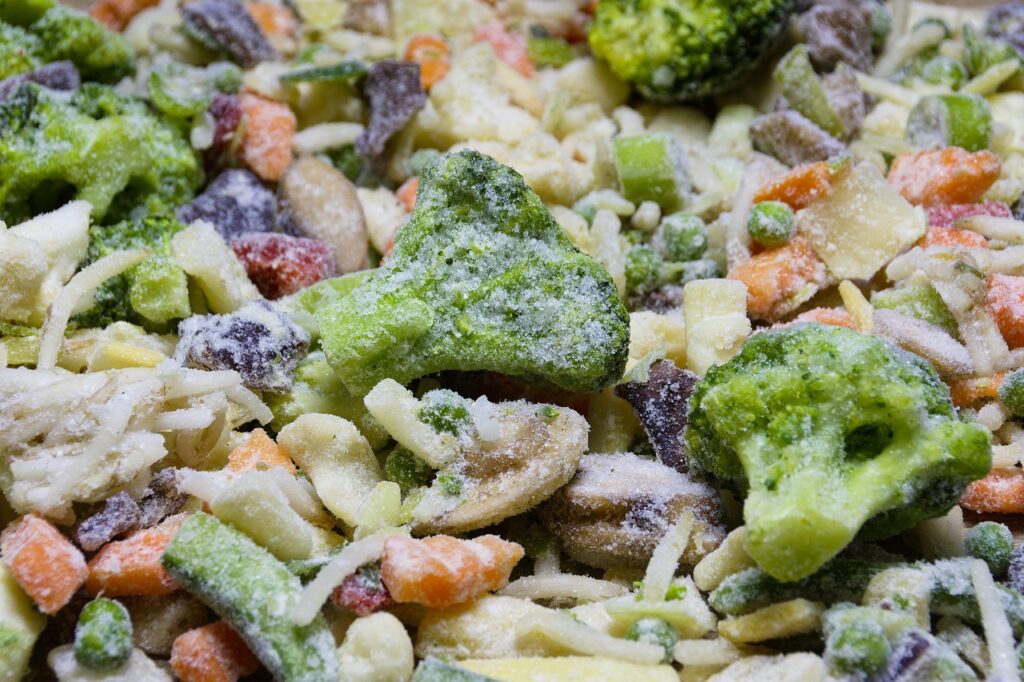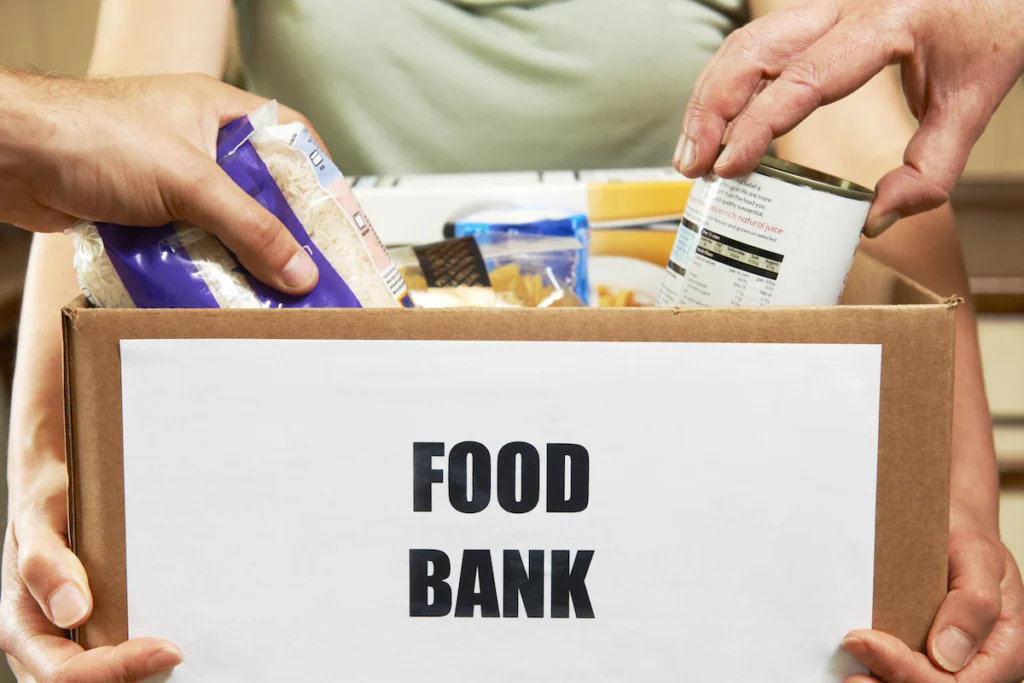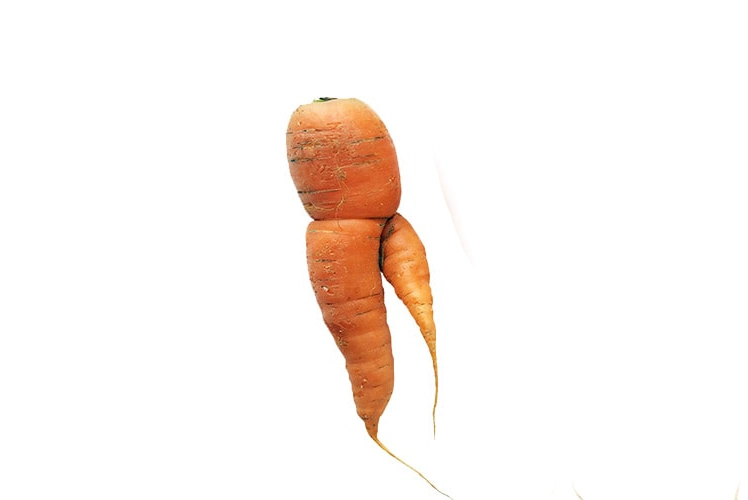
Why reduce food waste? It is a significant issue with widespread impact. Each year, a staggering amount of food ends up in landfills instead of on our plates. This isn’t just an environmental concern; it’s a social and economic problem too. Wasting food means wasting resources like water, energy, and labor. It also contributes to greenhouse gas emissions as the decomposing food releases methane, a potent greenhouse gas.
The good news is that there are practical steps you can take to reduce food waste. Implementing these strategies in your daily life can make a real difference. Whether you’re a home cook, a busy professional, or someone who occasionally orders takeout, there are ways to minimize waste. Simple changes in how we shop, store, and consume food can have a lasting impact. With a bit of planning and awareness, we can all play a part in reducing food waste.
The following list offers actionable food waste solutions. These tips are easy to incorporate into your routine, and they can help you save money while also being kinder to the planet. Let’s dive into these 11 effective ways to reduce food waste.
1. Plan Your Meals

One of the most effective ways to reduce food waste is to plan your meals. Before you head to the grocery store, take a few minutes to plan out your meals for the week. Make a list of the ingredients you need, and stick to it when shopping. This helps prevent impulse buys that often go unused. Planning meals also allows you to use ingredients more efficiently, reducing the likelihood of food spoiling before you can use it.
2. Use a Shopping List

A shopping list is a powerful tool in the fight against food waste. It helps you stay focused on what you need and avoids buying items that may go to waste. When making your list, check your pantry and fridge to see what you already have. This not only reduces waste but also saves money by preventing unnecessary purchases.
3. Store Food Properly

Proper food storage is key to reducing waste. Learn how to store different types of food to maximize their shelf life. For example, keep fruits like apples and bananas separate to avoid over-ripening. Store vegetables like carrots and celery in water to keep them crisp. Use airtight containers for leftovers to keep them fresh longer. Simple adjustments in storage can significantly extend the life of your food.
4. Understand Expiration Dates

Many people throw away food because they misunderstand expiration dates. “Best by” and “sell by” dates are often about quality, not safety. Learn the difference between these labels to avoid discarding food that is still safe to eat. Trust your senses—if the food looks, smells, and tastes fine, it’s likely still good. This understanding can help reduce unnecessary waste.
5. Practice Portion Control

Cooking or serving too much food can lead to waste. By practicing portion control, you can reduce the amount of food that gets thrown away. Use smaller plates, measure ingredients carefully, and serve reasonable portions. If you do have leftovers, make sure to store them properly and use them in future meals.
6. Get Creative with Leftovers

Leftovers don’t have to be boring. Get creative in the kitchen by transforming leftovers into new dishes. For example, use leftover roasted vegetables in a salad or turn yesterday’s chicken into a hearty soup. Repurposing leftovers not only reduces waste but also saves time and money.
7. Compost Food Scraps

Even with the best intentions, some food waste is inevitable. Composting is a great way to deal with food scraps. Instead of tossing them in the trash, compost them to create nutrient-rich soil for your garden. Many municipalities offer composting programs, or you can start a compost bin at home. This reduces waste sent to landfills and benefits the environment.
8. Freeze Excess Food

Freezing is an excellent way to preserve food that you can’t use right away. Whether it’s leftovers, excess produce, or even herbs, freezing extends the life of your food. Label your frozen items with the date to keep track of their freshness. This simple habit can prevent food from going to waste and ensure you have ingredients on hand when needed.
9. Donate Surplus Food

If you find yourself with more food than you can consume, consider donating it. Many food banks and shelters accept donations of non-perishable items, as well as fresh produce. Donating surplus food not only helps those in need but also reduces waste. Before donating, check with local organizations to see what types of food they accept and their guidelines for donations.
10. Buy “Ugly” Produce

Don’t be afraid to buy imperfect or “ugly” produce. Many fruits and vegetables are discarded because they don’t meet aesthetic standards, even though they are perfectly edible. By choosing these items, you can help reduce food waste at the source. Some grocery stores even offer discounts on “ugly” produce, so it’s a win-win for you and the environment.
11. Educate Others

Raising awareness about food waste is crucial to creating change. Share what you’ve learned with friends, family, and your community. Encourage others to adopt these practices and reduce their food waste. The more people who get involved, the greater the impact will be. Education and collective action are powerful tools in the fight against food waste.
Reducing food waste is not just an individual effort; it’s a collective responsibility. The steps you take at home, though small, contribute to a larger solution. Every meal you plan, every leftover you repurpose, and every time you choose to compost or donate, you’re making a difference. These actions may seem minor, but they add up, leading to significant reductions in food waste over time.
Food waste solutions are essential for creating a more sustainable future. As we continue to face global challenges like climate change and resource scarcity, reducing food waste becomes increasingly important. It’s a simple, effective way to lessen our environmental footprint and ensure that the food we produce is used to its fullest potential.
Check out 11 TV Show That Were Cancelled Too Soon.
By incorporating these 11 strategies into your daily routine, you can help reduce food waste and encourage others to do the same. Together, we can create a culture of mindfulness around food and make a positive impact on our planet. Reducing food waste is not only good for the environment, but it’s also good for our communities and our wallets. Let’s all do our part.







